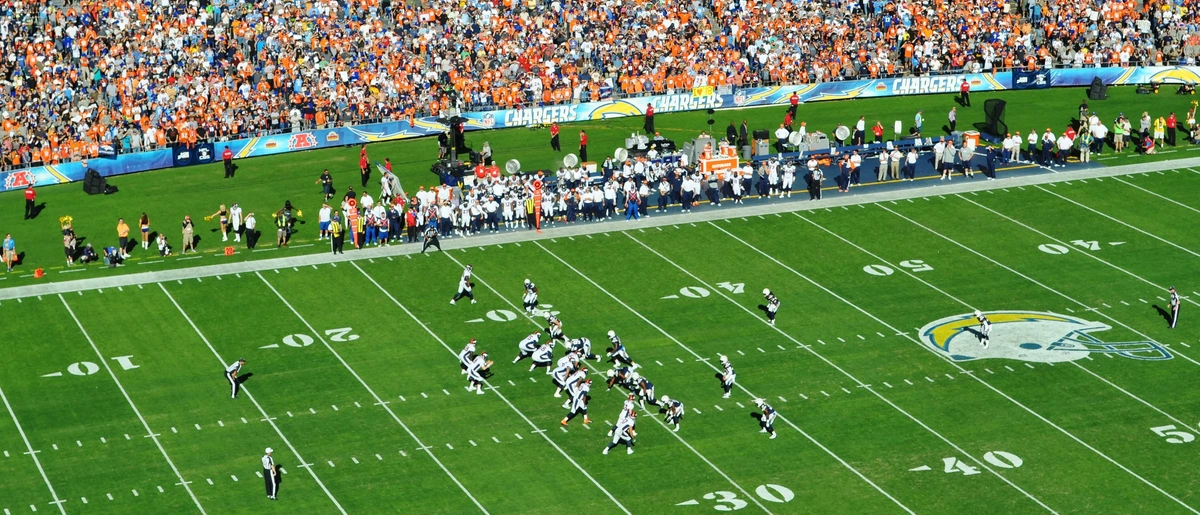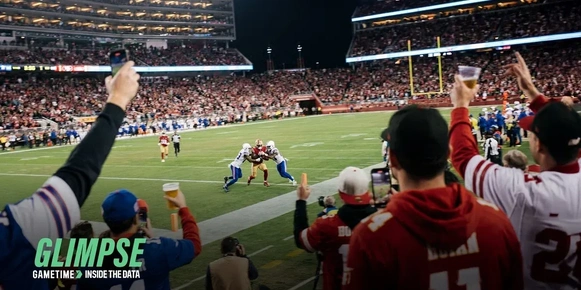Why are Super Bowl Tickets so Expensive?
- Sports
by Gametime

This article was originally published on and was updated on .
WHY ARE SUPER BOWL LIX TICKETS SO EXPENSIVE?
Attending the Super Bowl LIX is a dream for many sports fans, but the high cost of tickets often makes it seem out of reach. Let's explore why Super Bowl tickets are so expensive and what factors contribute to their hefty price tags.
NFL's Ticket Distribution Strategy
The NFL decides how Super Bowl tickets are distributed, driving exclusivity for publicly accessible seats. Tickets are primarily allocated as follows:
- Participating Teams: Each receives about 17.5% of the tickets, totaling 35%.
- Host Team: Receives approximately 5%.
- Other NFL Teams: Each of the remaining 29 teams gets around 1%.
- NFL Affiliates: The league retains about 25% for sponsors, media, and other partners.
This distribution means tickets available for the general public are very exclusive, often only available through lotteries or secondary markets where prices can vary significantly.
High Demand Meets Limited Supply
The Super Bowl's status as a once-a-year championship game creates immense demand. Unlike other sports with multiple games in a championship series, the NFL's single-game finale intensifies interest. This high demand, combined with limited ticket availability, drives prices sky high.
Face Value vs. Secondary Market Prices
The NFL sets face value prices for Super Bowl tickets, which can range from $950 to $5,000 or more, depending on seating locations. However, due to limited availability and high demand, tickets sold on secondary markets often exceed these face values, sometimes reaching several times their original price.
Super Bowl LIX Experience
Attending Super Bowl LIX offers more than just the game; it also includes:
- Halftime Show: Featuring 17-time Grammy winner Kendrick Lamar
- Pre-Game Festivities: Parties, fan experiences, and interactions with NFL legends
- Other unique events and opportunities throughout New Orleans
These additional attractions contribute to the overall value and cost of attending the Super Bowl.
Timing Your Super Bowl LIX Purchase
If you're considering buying Super Bowl tickets, patience can be beneficial. Historically, ticket prices on secondary markets like Gametime could decrease in the few days leading up to the game as sellers are highly motivated to fill great seats. However, this strategy carries risks, including limited availability and potential price volatility.
The high cost of Super Bowl tickets results from the NFL's distribution strategy, limited supply, and immense demand for this singular championship event. While attending the Super Bowl requires a significant investment, the unparalleled experience it offers is more than accessible when you use Gametime to find deals on great seats, even at the last minute.
Related articles:
- Why Last Minute is the best way to buy Super Bowl LIX tickets
- When is the best time to buy Super Bowl LIX tickets?

